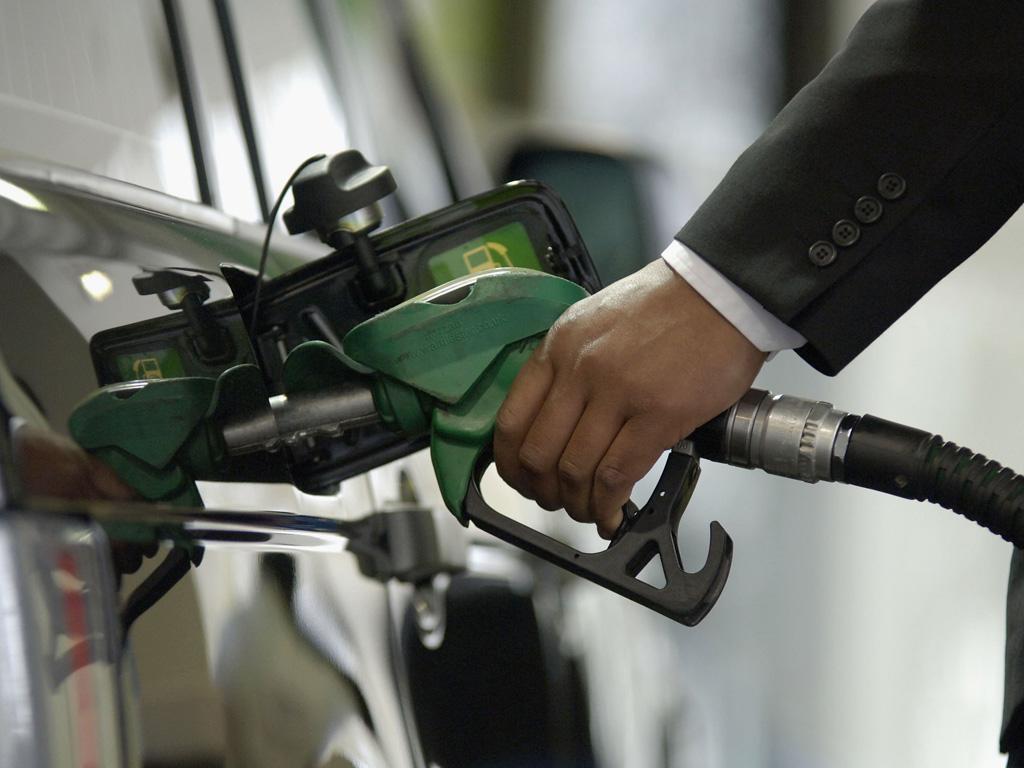Diesel pumps could run dry due to growing dependence on foreign fuel, RAC foundation warns
UK refineries are struggling to deal with the growing demand for diesel

Britain’s diesel pumps could “run dry” because of a growing dependence on foreign fuel, the RAC Foundation has warned.
The motoring research group says UK refineries are struggling to cope with the demand for diesel, which has been rising for decades and could leave motorists “at the mercy of the global market” in the future.
The UK consumes twice as much diesel as it produces, forcing a reliance on countries such as Russia and India for fuel, according to Steve Gooding, the foundation’s director.
"Even if we are not in conflict with those countries that control the taps, they might simply decide they need more of what they produce for their own markets," he told the BBC.
"If supply is interrupted, then at best we'll see sharp rises in forecourt prices and, at worst, there is the unlikely but real possibility of pumps running dry."
He said any shortage could hit the most populated area of the country the hardest.
"The UK keeps fuel reserves in case of emergencies, but they are not uniformly spread and the South East of England is particularly vulnerable to shocks to the supply chain," he said.
In 2009, there were nine big refineries in the UK. Since then, three have shut and several others are now up for sale. The older refineries were never set up to make diesel, because it was a niche product when they were built in the sixties. Converting them is too expensive, Mr Gooding told the BBC.
"Retrofitting them is a billion-pound decision that has failed to stack up for investors who see refining as a low margin business, despite our sky high pump-prices."
Last year, there were 11 million diesel cars on the road, compared to just 1.6 million in 1994.
In 2001, the Labour government changed the tax regime to encourage people to buy diesel rather than petrol cars, in an attempt to cut the amount of carbon dioxide being produced.
Today, half of all new cars have diesel engines, according to the BBC.
At this rate, diesel will be four times more popular than petrol by 2030, the RACF says.
Now, focus on pollution has changed from carbon dioxide from petrol cars to nitrogen dioxide emitted by diesel cars. As such, the UK could face massive daily fines for missing EU levels on nitrogen dioxide.
The greenhouse gas could also be responsible for tens of thousands of UK deaths each year, as nitrogen dioxide exacerbates breathing problems like asthma.
This year, the price of diesel dropped below the price of petrol for the first time in 15 years.
Subscribe to Independent Premium to bookmark this article
Want to bookmark your favourite articles and stories to read or reference later? Start your Independent Premium subscription today.

Join our commenting forum
Join thought-provoking conversations, follow other Independent readers and see their replies